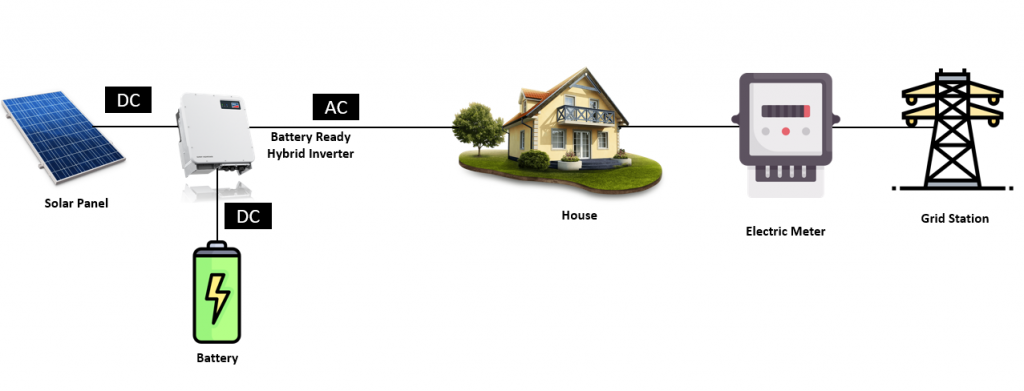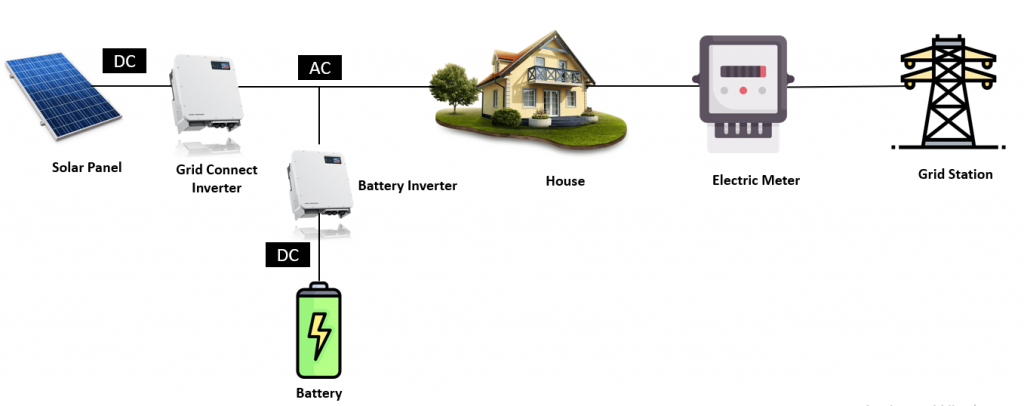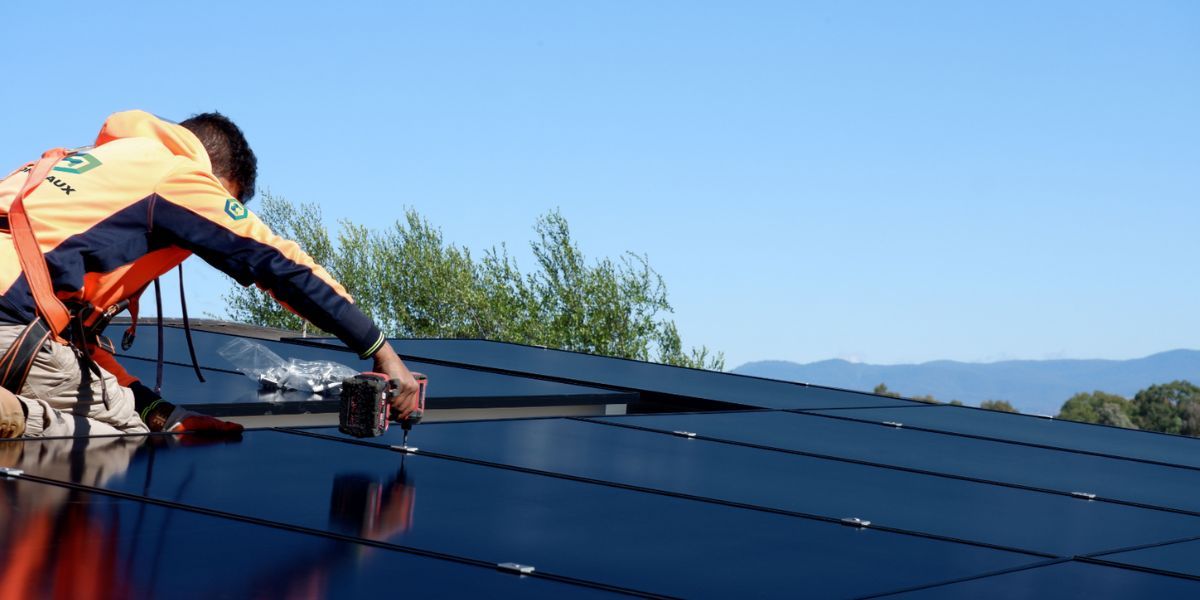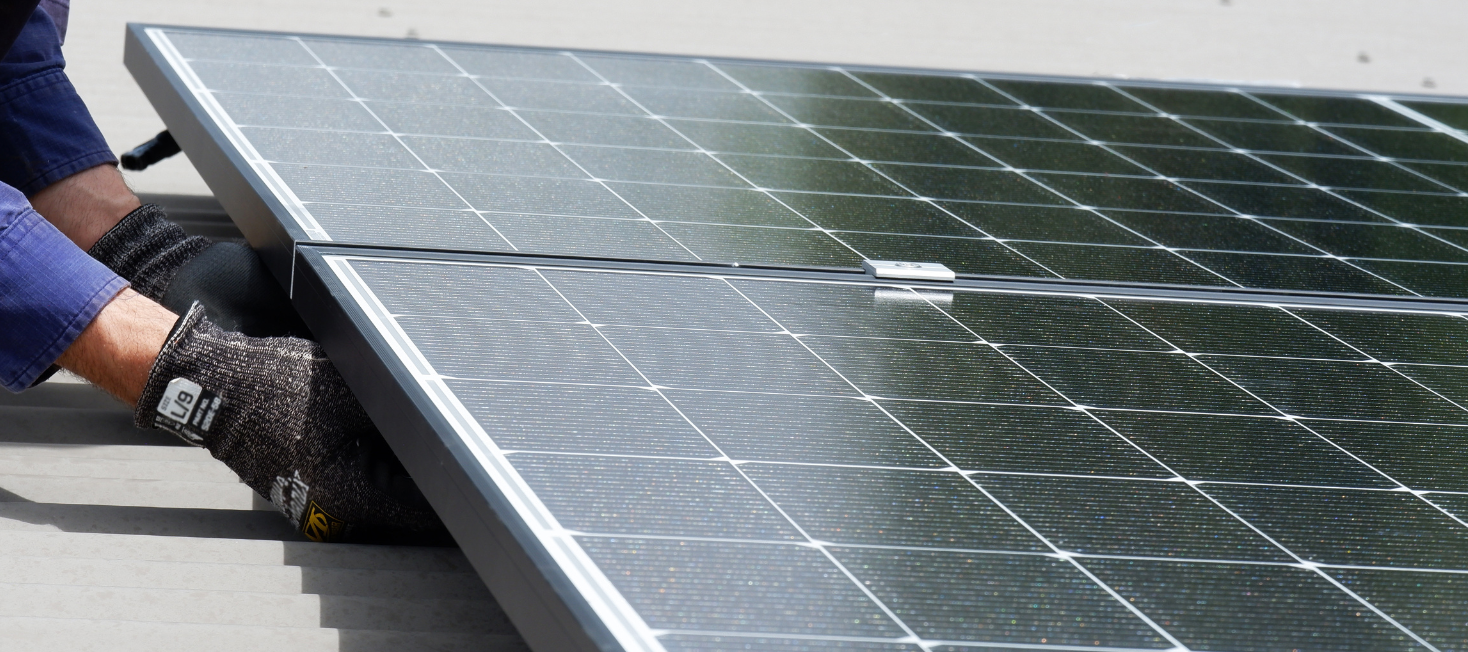What determines the cost of a solar battery
In the solar sector, solar batteries are game-changers. Solar batteries enable people to achieve complete energy independence. People with solar batteries do not need to rely on grid power. However, when purchasing a battery, the cost of a solar battery might be a significant consideration for many people. Before deciding on any of the available solutions in the market, it is critical to get knowledge about the elements that influence the cost of a solar battery.
The following five points will illustrate how the cost of a solar battery is computed.
1: Capacity
The overall capacity of a solar battery can assess its total price. The capacity of a battery indicates how much energy it can store in total. Home batteries typically have a capacity of 10 to 20 kWh of electricity. However, there are other factors that impact how long a battery might endure. Two of these parameters are the size of the system to which the battery is connected, as well as the amount of electricity the home draws from the battery. Nevertheless, capacity is still the most significant consideration, as it determines how long the battery will survive.
2: The Battery’s Type (DC or AC)
DC and AC batteries are the two types of batteries. A DC-coupled storage system connects the battery and solar panels to the grid station via a single inverter. It indicates that they have a hybrid inverter. It is a one-box solution as a corollary because it only has one inverter rather than two.

An AC-coupled storage system is a two-box solution. There are two inverters in this battery system: one is connected to the solar panels, and the other is connected to the battery. AC batteries are remarkably adaptable since they can easily connect to an existing solar system.

Conversion of power can lose up to 5% of energy on each occurrence. Hence, the DC battery has a higher overall efficiency than the AC battery. As a result, they are more efficient than AC batteries, which coverts power multiple times. DC batteries are also less expensive than AC batteries since they lack inverter circuitry. The DC battery, on the other hand, is substantially less adaptable and thus is incompatible with many solar systems. As a result, many systems may not be able to use a DC battery. Therefore, the flexibility of the AC battery makes it a more viable option in most cases.
Mondiaux offers both types of batteries. We have Huwaei DC-coupled battery, Tesla AC coupled battery, and Alpha with both AC and DC coupled batteries as well as hybrid batteries. Tesla also requires a specific certificate of the installer to install its batteries. Fortunately, Mondiaux has a skilled and professional staff that is certified to install Tesla batteries.
3: Other Additional Components
Batteries are intricate, and they require additional equipment that will help in their proper functioning. There are primary components which include the backup gateway and critical loads panel. Also, there are some ancillary components like the mounts for the battery, conduits, and disconnect switches. The cost of the battery rises as a result of these additions.
4: Installer of the Battery
A solar battery is an expensive buy, but it will save you money and allow you to recoup your investment. However, purchasing the finest battery is not the only consideration; installation is also a critical aspect in determining a battery’s performance. If the battery is not installed properly, it will provide you with very meager benefits. If there is indeed a problem with the installation, it may work well at the start, but after a while, it becomes less efficient. As a result, it’s critical to select a professional provider that can assist you with battery installation and procurement.
5: Incentives:
It could be a crucial component in lowering the overall cost of your battery. In Australia, there are numerous municipal rebates and incentives that help make batteries more affordable. When a person buys a battery, there are also upfront rebates available. And a few reward programs to assist you in earning prizes for removing your load from the primary power grid. Residents with a solar battery system in the ACT are eligible for a battery incentive of $825 per kilowatt of power capacity, up to 30 kW (up to $24,750). In a nutshell, rebates significantly improve overall savings by lowering one-time charges or assisting you in earning long-term incentives.
Choose the best option
Purchasing a battery for your system is a huge decision, and Mondiaux offers skilled advisers who can assist you in determining the best possible alternative. All the elements mentioned earlier will determine whether or not your battery is within your budget. And our professional staff can help you know what’s best for you. Our installers are likewise highly skilled and knowledgeable in their respective fields. So, if you need a battery, simply contact us, and we will take care of everything.
Share Post





